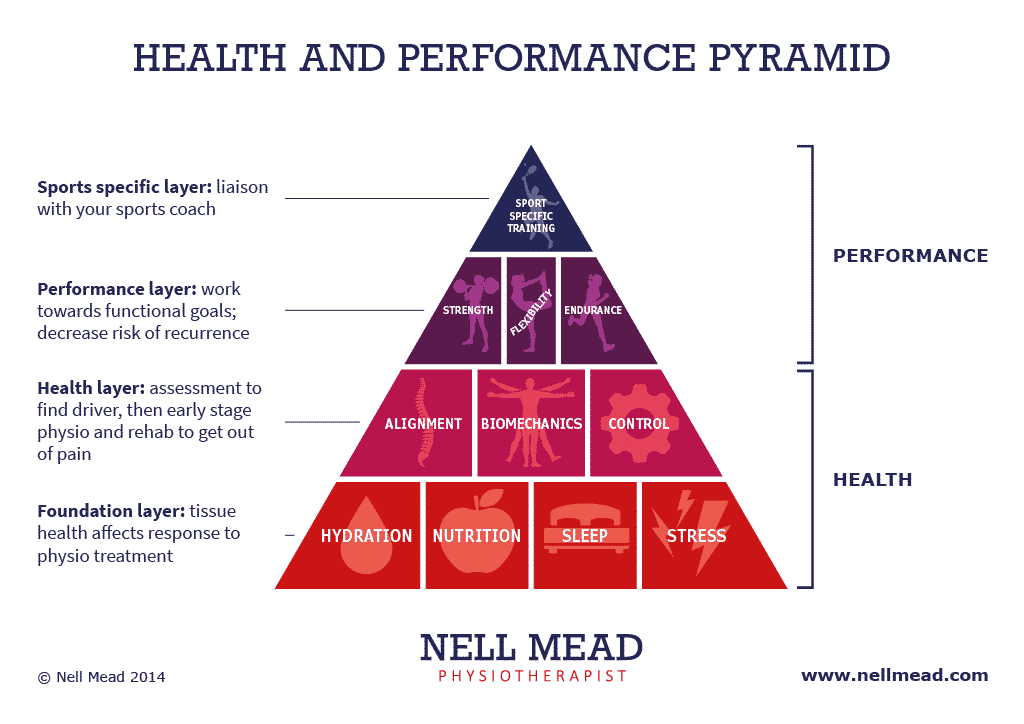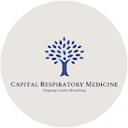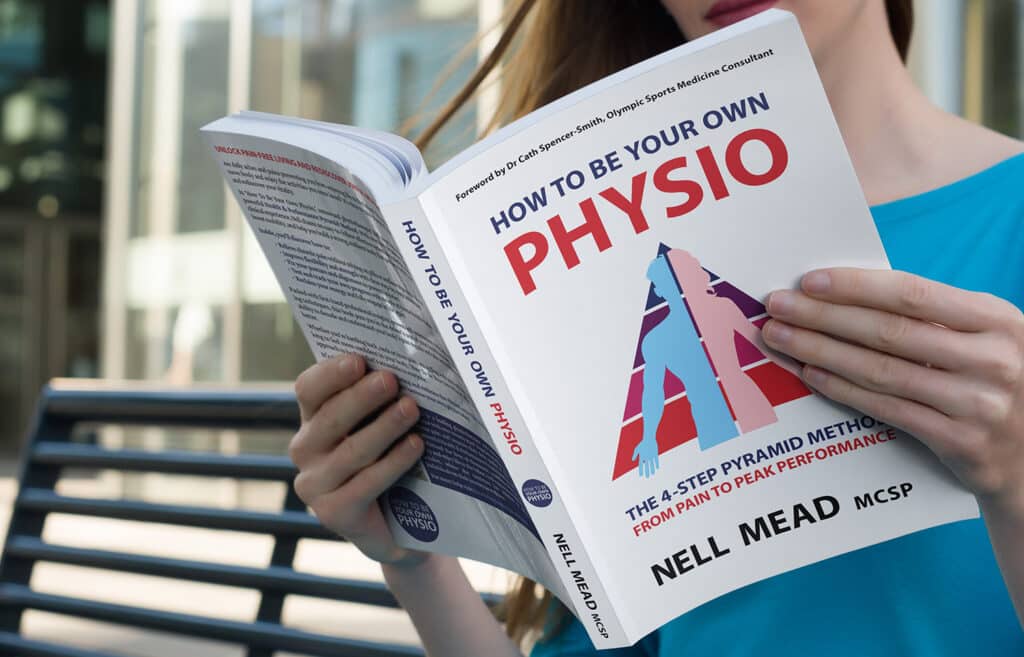Last week, I gave a brief overview of the Health & Performance Pyramid, and now it’s time to start delving into it a bit more deeply. This week, it’s time to think about the red Foundation Layer.

As part of your physio assessment, I ask you to complete a Foundation Questionnaire, in which I ask you about your sleep, stress, hydration and nutrition. But why are these things so important? Well, it’s about two things really: systemic inflammation and metabolic efficiency.
Metabolic efficiency is about the efficient flow of nutrients in and waste products out of the cells, to maintain a consistent intracellular environment, conducive to optimal health.
Whereas with systemic inflammation, which I’ve blogged about fairly extensively, the more inflamed your cells are, the greater your risk of injury/illness; or if you’re already sick or injured, the longer it will take you to heal. Conversely, the healthier your tissues are, the less stress you will place on your system, allowing your body to focus on the activities you want to be doing, rather than on digesting your breakfast.
So, let’s go through each building block of the Foundation Layer in a bit more detail.
Sleep: Did you know that in 2010, British doctors issued more than 15,000,000 prescriptions for sleeping pills, and around one in ten adults now regularly takes some form of sleep-related medication? Poor sleeping habits reduce productivity, prevent learning, disrupt relationships, cramp creative thinking and sap self-control. Poor sleep is also associated with depression and obesity, and is linked to an increased risk of heart disease, diabetes, high blood pressure. Sleep works best in 90-minute cycles, so if you want to wake up at 7am, chunk back in 90-minute segments from then and work out when would be best (clue: 10pm would be 9 hours, or 11.30pm 7.5 hours). To improve your sleeping, make sure your room is completely dark and that you have a regular “wind-down” routine.
- TIP: If you have moderate issues with your sleep (scores of 11-19 on my sleep questionnaire), I recommend trying mindfulness meditation via the Headspace app, and to understand more about sleep issues, I love a fantastic book by psychologist Richard Wiseman, called Night School. My nutritionist, Matt Lovell (more impressively, he’s also been nutritionist to the England Rugby team and to the England Football team) has also created a nutritional supplement called R5 Aminos which can really help with sleep issues.
- TIP: If your sleep issues are more severe (scores of 20+), you may benefit from more structured help – we recommend sleep experts Global Sleep Solutions, who are based at The Shard and are run by Dr Aditi Desai. If you would like a referral for a sleep assessment, please do ask and I will be happy to help.
Stress: Excessive amounts of stress may be caused by all sorts of triggers – physical, emotional, chemical – but the effect is that your cortisol hormones rise, causing your central nervous system to fire constantly, and this makes it hard for you to shut down (relax) and difficult to recover. This adversely affects your heart rate, blood pressure and muscle tone – and increases your risk of heart disease, obesity and exhaustion. Stress can be controlled with a regular exercise routine, reducing caffeine and sugar, not smoking or taking drugs – and not trying to control the uncontrollable!
- TIP: If you have moderate issues with stress (scores of 12-19 on my stress questionnaire), you may benefit from my online course, Yoga for Stressed People. I also recommend mindfulness app Headspace.
- TIP: If your issues are more severe (scores of 20+) then you may benefit from professional help to take control of your stress levels. An especially effective type of treatment for stress and anxiety is cognitive behavioural therapy (CBT) – you may wish to speak to a clinical psychologist such as Dr Victor Thompson (with whom I worked at Victory), who is an expert in this area.
Hydration: The average human is composed of 53-65% water (in general, the fatter you are, the lower your water content). If this level drops by even a percentage point or two, you start to become dehydrated – and this can affect the way your organs (especially your liver, kidneys and brain) function. Given that we sweat up to a litre of water per day (men more than women; athletes more than sedentary folks) and also urinate approximately a litre per day, we need to keep topping ourselves up. Water is the best source, but tea, coffee, juices and watery foods such as cucumber also contribute.
- TIP: If you’re not getting enough water (scores of 3 and above on my questionnaire which we can send you – just drop us an email), I recommend taking a bottle of water up to bed with you, so that you start your morning with a quick half-litre before you’ve woken up properly. Keeping a bottle on your desk is also a good way to remind yourself to drink – and some people recommend that the bottle should be brightly-coloured so that it catches your eye more frequently. I like this smart water bottle which keeps reminding you to drink enough, and measures how much you’ve drunk.
Nutrition: We should be looking to avoid refined carbohydrates (sweets, cakes, milk or white chocolate, pasta and most bread), processed foods (anything from a packet) and pollutants (anything that’s been sprayed with pesticides or fed with antibiotics) – because these things promote inflammation in our bodies, and constant inflammation will eventually make us dysfunctional in some way, whether that’s sick or injured. We function best when we eat food that is as natural as possible, and biased in favour of protein, essential fats and antioxidants.
- TIP: Because, in the 21st century, sadly even healthy food is less nutritious than it was 50+ years ago, many people will also benefit from supplementing their diet in some way. Consultant sports nutritionist Matt Lovell recommends that most people should be taking the following:
- A green supplement of some sort (I like Lean Greens – use discount code VICTORY10 for a 10% discount on all orders – and click here to read more about it)
- A good antioxidant and multivitamin (I recommend Usana CellSentials – click here to read more)
- A good omega 3 (I recommend Eskimo Oil) – email us if you would like to arrange a discount.
- A good essential amino supplement (I recommend Matt’s own R5 Aminos – click here to read more)
- TIP: However, for optimal results, you really need a bespoke supplementation regime, and this means testing. A good option is to take the USANA health questionnaire, which can help to explain how best you should supplement your diet; and/or I will also happily refer you to Matt himself for an individual nutritional workup. If you would like to discuss any of these options, please email me or ask me at your next session.
Once you are on top of your sleep, stress, hydration and nutrition – you’re ready to go, and physiotherapy treatment has a much greater chance of being really effective. And funnily enough, that’s exactly what the next layer is all about…







